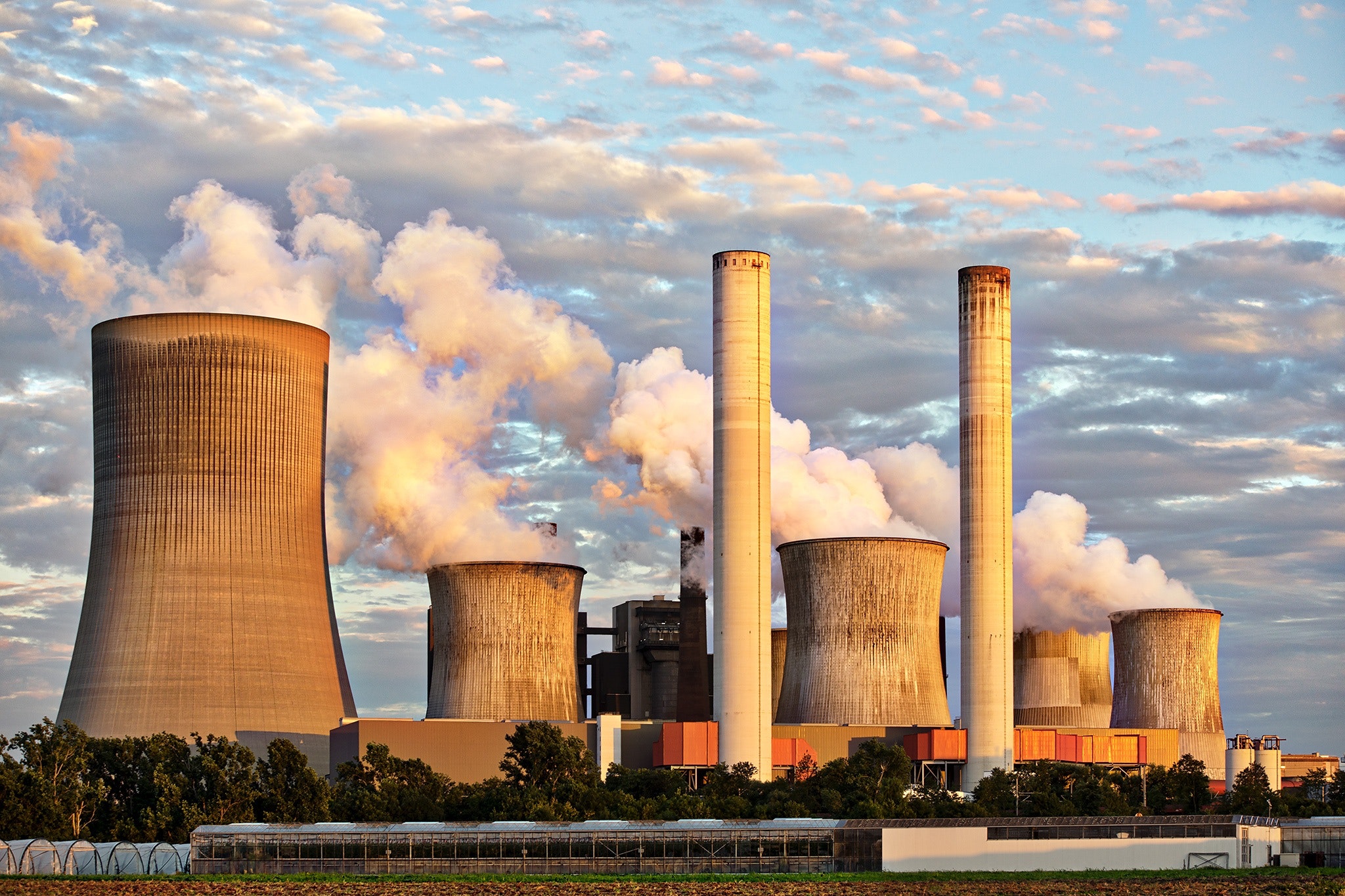Moldova resumes gas purchases from Russia's Gazprom -Moldovagaz head
Gas supplies have caused frequent tensions between Moldova and Russia and until late last year, Moldova had relied nearly exclusively on Gazprom for gas imports and on Russian energy. Ceban said the decision to restart the gas purchases to be used for electricity production was because Gazprom's price was "almost identical" to one provided by the domestic supplier Energocom this month.

Moldova has resumed gas purchases from Russia's Gazprom in March after a break of about three months, the head of public natural gas distributor Moldovagaz said on Monday.
"In March of this year, on the basis of a current contract, Gazprom has been providing the supply of natural gas to the Republic of Moldova in a total volume of 176.7 million cubic metres per month, or 5.7 million cubic metres daily," Moldovagaz head Vadim Ceban wrote on the Telegram messaging app. Since December, Gazprom had been providing supplies only to Moldova's Russian-backed Transdniestria separatist region, east of the Dniester river. None had gone to the part of Moldova west of the river, including capital Chisinau.
The Eastern European country, wedged between Ukraine and European Union member Romania, has been pulled between Russia and the West since gaining independence from Moscow with the collapse of the Soviet Union. Gas supplies have caused frequent tensions between Moldova and Russia and until late last year, Moldova had relied nearly exclusively on Gazprom for gas imports and on Russian energy.
Ceban said the decision to restart the gas purchases to be used for electricity production was because Gazprom's price was "almost identical" to one provided by the domestic supplier Energocom this month. Earlier on Monday, Moldova's Energy Minister Victor Parlicov, said he did not rule out that at some stage all gas supplies from Gazprom would stop.
"There will be consequences that all of us will have to endure on the right (west) bank: 250,000 people live on the left bank of the Dniester, most of them citizens of Moldova, they will not go to Moscow or Ukraine, we will also have to take care of them," Parlicov told the Romanian-language Vocea Basarabiei television channel.
(This story has not been edited by Devdiscourse staff and is auto-generated from a syndicated feed.)










